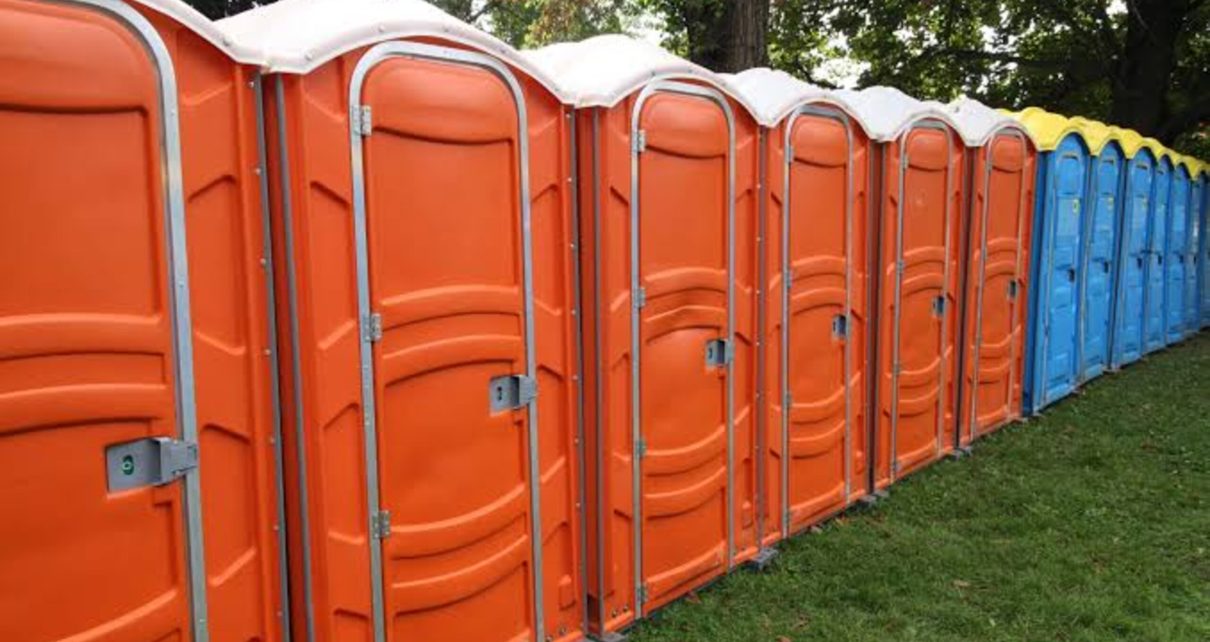In a bid to address the persistent issue of open defecation, the Lagos State House of Assembly has called on the Ministry of Environment and Water Resources to enforce environmental laws and ensure the provision of free public toilets across the state. This move comes after a motion was raised by Hon. Stephen Ogundipe, representing Oshodi-Isolo 1, under matters of urgent public importance.
The Speaker of the Lagos State House of Assembly, Rt. Hon. Mojisola Meranda, emphasized the need for an extensive and sustained awareness campaign to educate residents on the dangers of open defecation. She highlighted that open defecation tarnishes Lagos’ reputation and hampers sustainable development.
Hon. Bonu Solomon, representing Badagry 1, advocated for the arrest of homeless individuals contributing to the sanitation crisis, urging local government chairmen to support state efforts in maintaining cleanliness. Hon. Gbolahan Yishawu, representing Eti-Osa 1, proposed the introduction of affordable public toilets, while Hon. Femi Saheed, representing Kosofe 2, called for clear policies on managing public sanitation facilities.
The House also resolved to intensify public awareness campaigns and collaborate with private companies to fund sanitation initiatives across Lagos State. This collaborative effort aims to create a cleaner and healthier environment for all residents.
Open defecation poses significant health risks, particularly in densely populated areas like Lagos. Here are some of the key health implications:
- Spread of Waterborne Diseases: Open defecation can contaminate water sources with pathogens, leading to the spread of diseases such as cholera, diarrhea, dysentery, and typhoid.
- Increased Child Mortality: Children are particularly vulnerable to the health risks associated with open defecation. Exposure to contaminated water and poor sanitation can lead to severe illnesses and increase child mortality rates.
- Malnutrition: Repeated episodes of diarrhea and other waterborne diseases can lead to malnutrition, especially in children. This can stunt growth and impair cognitive development.
- Environmental Degradation: Human waste left in open areas can degrade the environment, affecting soil quality and contaminating crops. This can lead to reduced agricultural productivity and food insecurity.
- Public Health Burden: The spread of diseases due to open defecation increases the burden on healthcare systems. It leads to higher healthcare costs and reduced productivity due to illness.
- Contamination of Food: Flies and other insects can transfer pathogens from human waste to food, leading to foodborne illnesses.
- Impact on Women and Girls: Lack of access to private sanitation facilities can expose women and girls to harassment and assault. It also affects their dignity and safety.
Addressing open defecation through improved sanitation infrastructure and public awareness campaigns is crucial to mitigating these health risks and promoting a healthier environment in Lagos.
Lagos, like many other cities in Nigeria and around the world, faces significant challenges with open defecation. Here’s a comparison of Lagos with other cities dealing with similar issues:
Lagos
- Prevalence: Open defecation is a persistent problem in Lagos, particularly in densely populated areas such as Oshodi, Mile 2, and Agege. Despite efforts to curb the practice, it remains a significant public health concern.
- Government Efforts: The Lagos State House of Assembly has called for the construction of more public toilets and stricter enforcement of environmental laws. Public awareness campaigns are also being intensified to educate residents on the dangers of open defecation.
- Health Risks: Open defecation in Lagos contributes to the spread of waterborne diseases, environmental degradation, and increased child mortality.
Other Nigerian Cities
- Kano: Kano Metropolis also struggles with open defecation, which poses public health risks and environmental challenges. Efforts to address the issue include public-private partnerships to provide sanitation facilities.
- Ebonyi: Ebonyi State has the highest prevalence of open defecation in Nigeria, with 73% of the population practicing it. The state faces severe public health risks, including outbreaks of cholera and other waterborne diseases .
- Oyo: In the South West, Oyo State leads with 54% of the population practicing open defecation. The state government is working to improve sanitation infrastructure and public awareness.
Global Comparison
- India: India has made significant strides in reducing open defecation through the Swachh Bharat (Clean India) Mission. The campaign has led to the construction of millions of toilets and a substantial decrease in open defecation rates.
- Bangladesh: Bangladesh has also made progress in reducing open defecation through community-led total sanitation programs. These initiatives focus on behavior change and the construction of sanitation facilities.
- Ethiopia: Ethiopia has implemented the One WASH National Program, which aims to improve water, sanitation, and hygiene services. The program has helped reduce open defecation rates, particularly in rural areas.
While Lagos faces significant challenges with open defecation, it is not alone. Many cities around the world are grappling with similar issues. The key to addressing this problem lies in a combination of infrastructure development, public awareness campaigns, and strict enforcement of sanitation laws. By learning from successful initiatives in other cities and countries, Lagos can make progress in creating a cleaner and healthier environment for its residents.



